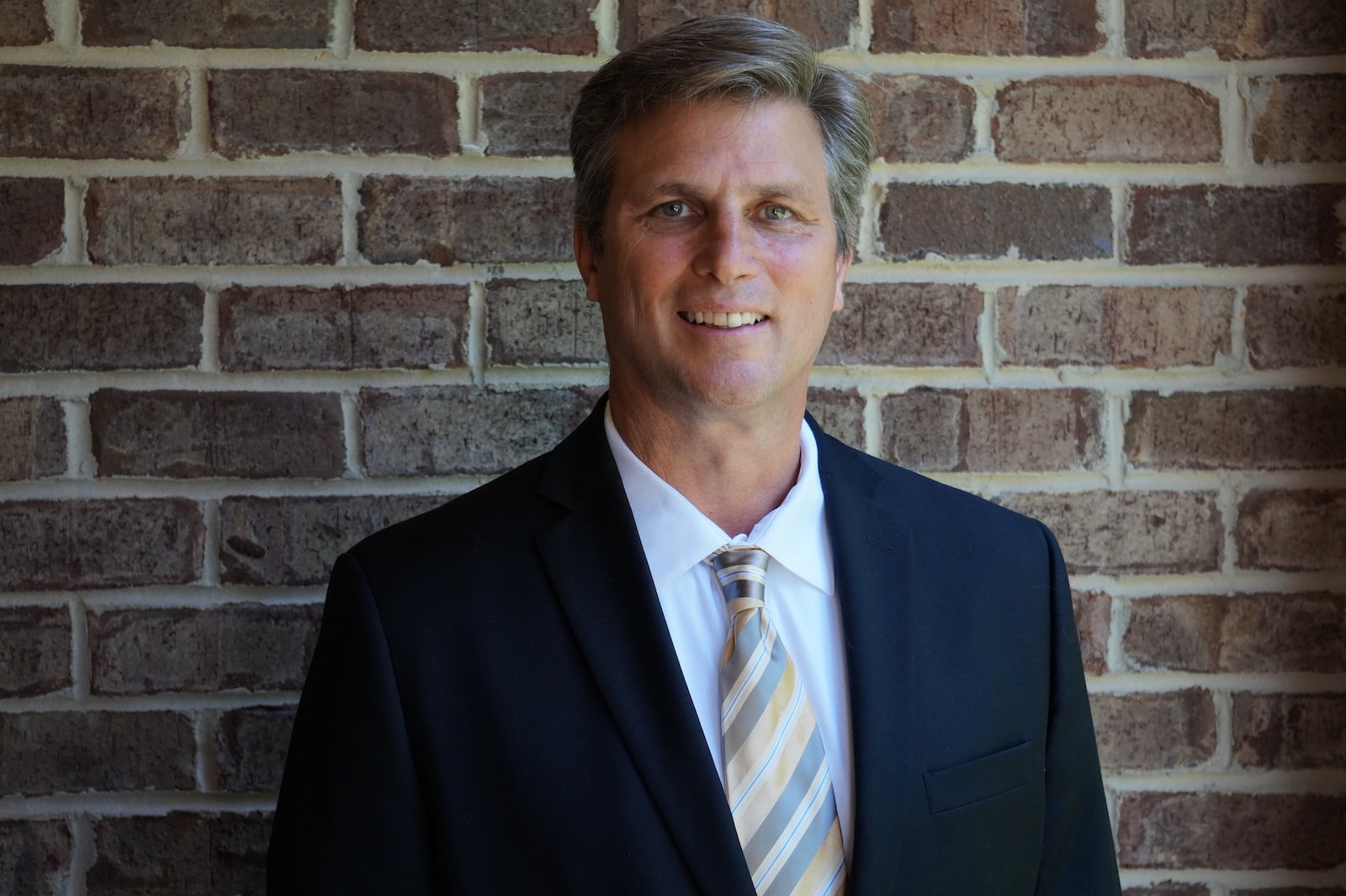“Cancel culture” is a virus. It’s one of those viruses you can carry, feeling no immediate effects but that you can pass on to others–where it can have devastating outcomes. For the longest time, it seemed some people thought that promoting (or sharing) the cancel culture virus would never come back on them. How wrong they were. Like any virus, one of the actual risks “carriers” run is that it will eventually attack them and do them the harm they spread to others.
Cancel culture is not a “with” approach to life and relationships. It is legitimate to be upset or even deeply angered by something another person or group appears to be doing or promoting. But, if we cancel everyone that offends us, we risk this type of virus will not only eventually affect us, but that it will destroy the world, just like a virus can wipe out an entire civilization.
A few years ago, on my way to and from a job, I noticed, in the middle of a field, two isolated trees. When their foliage came out each summer it was clear, even from a distance, they were oak trees–one very large and old and one tiny and much younger. In this area, the predominant winds came from the southwest. And, with nothing around these two trees to block or mitigate the winds, when they were strong, their full force would hit both trees.
The smaller of the two trees had grown up on the leeward side of the large oak–to the northeast–well protected from any strong winds. Seeing that there were no other trees around, save the two in the middle of the field, and knowing that mature oaks drop many acorns at a time I became convinced that the reason one acorn had become this smaller tree, on the leeward side of the mighty oak was that it had found a place to grow, protected from damaging wind.
Older generations of humans risk losing their efforts and legacy to history if they’re not prepared to support and protect younger ones as they grow and find their own place in the world. Younger generations put themselves in the path of destructive forces when they become offended by their elders and want to move out into the field, early and alone. Both the older and younger generations put themselves at unnecessary risk if they choose to cancel each other from the “field” of their lives.
The older tree grew up in a time and a situation that is often, because of climate change, very different from the world the younger tree grows in. In its gnarled bark, large limbs and many branches are evidence of good and bad years, parts still living and others dead or dying––its absorbed evidence and experience of a lot of things the smaller tree has not yet seen or experienced.
The younger tree has smooth, healthy bark with very few knots, broken branches or split surface. It’s still supple, still able to take on things by being malleable and responsive that the older tree can only endure by size and strength alone. The younger tree is more adapted to the new environment, because that’s the environment was born into. The younger tree has the potential in place of experience and opportunity in place of wisdom.
But, what each has is absent in the other–flexibility but no strength, experience but little untapped potential, the scars of real world battles and the strength to confront the next battles that come along. The wisest thing for the two of them to do is to cooperate rather than cancel. To see advantage in their relationship and nurture and advantage it if possible.
The day will come when the old tree dies. Whenever that is a last season of producing acorns will probably precede it–potential oak trees. And, amid all those acorns, one or more will sprout and grow, perhaps in the shadow of the small oak, now much larger and more experienced. And if that new oak is lucky, it will sprout close to its elder sibling and build the same type of relationship–nearly alone, in the middle of the field, with little protection, unless they stick “with” each other.
“With” living doesn’t require us to accept everything about each other. It recognizes we will say and do things that are not productive and even harmful to others. But canceling each other for our weaknesses removes the powerful experience of growing up near each other and advantaging our strengths. Wisdom doesn’t require us to “swallow whole” the bad things about each other. It offers us the opportunity to absorb the good things about each other while we work together on what’s lacking or wrong.
Whether you’re the old oak tree or the younger one, you are in a relationship with real and lasting advantages, not only for you, but for generations that follow you. Work with each other–it is a very windy world out there.



